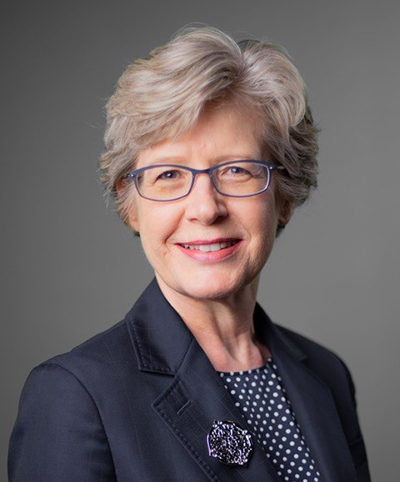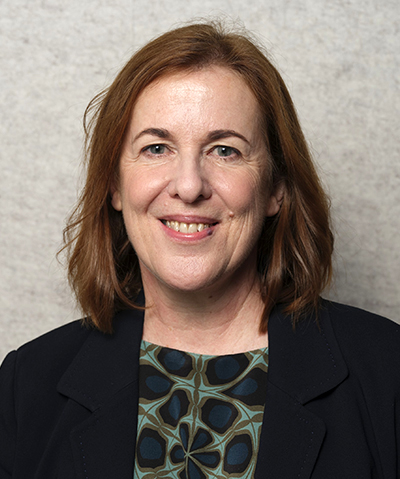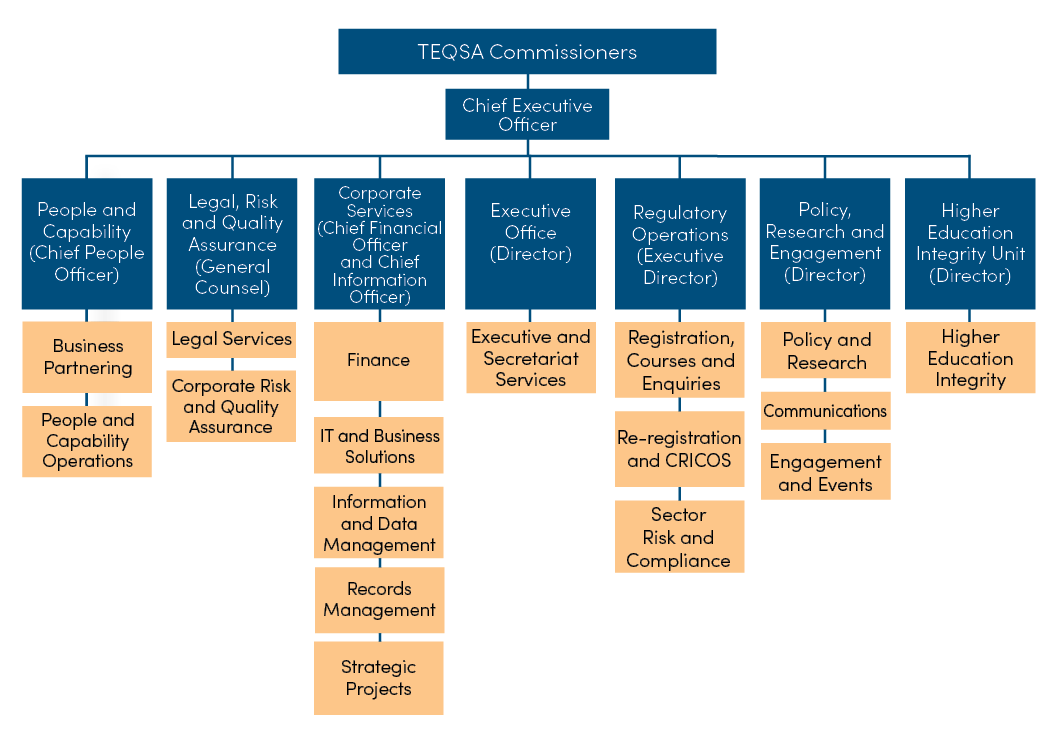As the regulator of Australian higher education, TEQSA makes decisions that may affect current and prospective providers.
If your organisation is affected by a reviewable decision made by TEQSA, you may wish to make an application for internal review of that decision. This page provides an overview of reviewable decisions and applications for internal review.
Reviewable decisions
Reviewable decisions made under the Tertiary Education Quality and Standards Act 2011 (TEQSA Act) include decisions about:
- applications for registration in a particular provider category
- applications for course accreditation
- conditions on a registration or course accreditation
- renewing a registration or course accreditation
- removing the authority of a provider to self-accredit one or more courses of study
- shortening the period of a registration or course accreditation
- cancelling a registration or course accreditation.
Reviewable decisions under the Education Services for Overseas Students Act 2000 (ESOS Act) include decisions about:
- whether a provider should be registered or have its registration renewed
- the period for which a provider should be registered or have its registration renewed
- imposing, varying or removing a condition on a provider’s registration
- whether a course at a location should be added to a provider’s registration
- extending a provider’s registration
- imposing sanctions on a provider’s registration (such as cancellation or suspension of that registration).
Reviewable decisions made under the Tertiary Education Quality and Standards Agency Determination of Fees No. 1 of 2020 (Fee Determination) in relation to fees include decisions about:
- the waiver of fees
- the refund of fees.
Reviewable decisions made under the Tertiary Education Quality and Standards Agency (Registered Higher Education Provider Charge) Guidelines 2022 (Charging Guidelines) in relation to the registered higher education provider charge (RHEP charge) include decisions about:
- notices informing a provider of the amount of the charge
- the waiver of the charge or part of the charge
- the refund of part of the charge.
Options for review
There are three possible options for review:
- an internal review of decisions
- a merits review of decisions made by TEQSA in the Administrative Review Tribunal (ART)
- a judicial review of administrative decisions.
Internal review
If a provider is dissatisfied with a reviewable decision made by a delegate of TEQSA, they can apply for an internal review of the decision. The application must be made in the approved form. Application documents will be made accessible via the Provider Portal. Please liaise with the TEQSA Enquiries Management team at providerenquiries@teqsa.gov.au to arrange your access to relevant application documentation.
Fees for review application
- Applications relating to decisions made under the TEQSA Act or the ESOS Act must be accompanied by the fee for an internal review application. See more information on our fees page.
Application timing
- Applications relating to decisions made under the TEQSA Act, the ESOS Act or the Fee Determination must be made within 30 days of the applicant being informed of the decision (or a longer period if agreed by TEQSA).
- Applications made under the Charging Guidelines relating to decisions regarding the RHEP charge must be made within 14 days of the applicant being informed of the decision (or a longer period if agreed by TEQSA).
Decision timing
- For internal review decisions relating to decisions made under the TEQSA Act, the ESOS Act or the Fee Determination, TEQSA must make an internal review decision within 90 days of receiving the application. TEQSA must provide written reasons for the decision within 30 days of a decision being made.
- For internal review decisions relating to decisions made under the Charging Guidelines, TEQSA must provide written reasons for an internal review decision within 7 days of making that decision.
Outcomes
Where an application is made to TEQSA for an internal review, the person reconsidering the decision has the authority to affirm, change or revoke the decision. If TEQSA decides to revoke the original reviewable decision, TEQSA can make a new decision.
ART review
A provider can apply to the Administrative Review Tribunal (ART) for merits review of any internal review decision made by TEQSA.
Providers can also apply to the ART for merits review of:
- reviewable decisions made under the ESOS Act, or
- reviewable decisions made under the TEQSA Act or the Fee Determination if the reviewable decision was not made by a delegate of TEQSA.
Merits review means the ART considers the available evidence and determines whether the relevant decision was the correct and preferable decision. For more information visit the ART’s website.
Judicial review
In certain circumstances, providers can apply to a court for a judicial review of an administrative decision made by TEQSA. A judicial review considers whether we correctly applied the law in making our decision but will not consider the merits of our decision.









